No Sift next week. The next new articles will appear on December 6.
There’s still plenty of reason to fear where we are currently headed, but at the same time, there’s no reason to think that five years from now, at the next major Paris “stocktake,” we’ll still be headed there.
- David Roberts, "Don't get too bummed out about COP26"
This week's featured post is "Does the Red Pill have an antidote?"
This week everybody was talking about the Rittenhouse verdict

The 18-year-old vigilante was found not guilty on all counts.
I worry about the lessons people are learning from this verdict. As for Rittenhouse himself, I can't guess. It's possible that he was genuinely horrified to see people die at his own hand. Many stories tell of young men who were excited to go to war, and yet were traumatized to learn up close what it means to kill another human being. We can hope Rittenhouse responds similarly, and that even as he walks free, he is determined to avoid violence in the future.
On the other hand, he may have learned that killing makes you a hero, and has lasting negative consequences only for the people who die. If that's the case, he will likely kill again.

As for the violent conservative movement that has lionized Rittenhouse, I have little doubt that they have been emboldened. Killing protesters is a widespread and longstanding fantasy on the Right. Until now, hitting them with a car has been the preferred method. But the Rittenhouse case established that you can walk up to protesters with a gun, and if they worry that you might be a mass shooter and try to disarm you, you can kill them in "self defense". I'm sure we'll see more of that. No doubt at this very moment, militia groups are holding training sessions on the loopholes in self-defense laws.
Most of the right-wing leaders voicing their admiration for Rittenhouse are simply adopting a pose. On Twitter, talk radio, and Fox News, hosts and right-wing personalities express admiration for Rittenhouse but know he was being foolish. They would never hand a rifle to their own children and tell them to walk into a riot. They would never do it themselves.
But these public poses still matter. When you turn a foolish young man into a hero, you’ll see more foolish young men try to emulate his example. And although the state should not permit rioters to run rampant in America’s streets, random groups of armed Americans are utterly incapable of imposing order themselves, and any effort to do so can lead to greater death and carnage.
In fact, that’s exactly what happened in Rittenhouse’s case. He didn’t impose order. He didn’t stop a riot. He left a trail of bodies on the ground, and two of the people he shot were acting on the belief that Rittenhouse himself was an active shooter. He had, after all, just killed a man.
Farhad Manjoo amplifies that last point, noting that the Rittenhouse shootings "unravel some of the foundational tenets of gun advocacy".
That guns are effective and necessary weapons of self-defense. That without them, lawlessness and tyranny would prevail. And that in the right hands — in the hands of the “good guys” — guns promote public safety rather than destroy it.
In the Rittenhouse case, none of that was true. At every turn that night, Rittenhouse’s AR-15-style semiautomatic rifle made things worse, ratcheting up danger rather than quelling it. The gun transformed situations that might have ended in black eyes and broken bones into ones that ended with corpses in the street. And Rittenhouse’s gun was not just a danger to rival protesters. According to his own defense, the gun posed a grave threat to Rittenhouse himself — he said he feared being overpowered and then shot with his own weapon.
This is self-defense as circular reasoning: Rittenhouse says he carried a rifle in order to guarantee his safety during a violent protest. He was forced to shoot at four people when his life and the lives of other people were threatened, he says. What was he protecting everyone from? The gun strapped to his own body, the one he’d brought to keep everyone safe.
I am struck by the fact that the only people who died in the Kenosha riots were the ones Rittenhouse killed. He was the primary danger.

The legal wrangling over this case is likely not over. A civil lawsuit for wrongful death is a possibility, though Jonathan Turley warns against it. There's also a disagreement over the vast sums of money raised for Rittenhouse's defense. The state will return his $2 million bail, but to whom? Rittenhouse himself? His lawyers? The fund-raisers?
Turley is also skeptical that Rittenhouse can win a defamation lawsuit for all the negative things people have said about him.
and Paul Gosar
who was censured by the House and expelled from his committees on Wednesday.
The vote was close to splitting on party lines: Among Republicans, only established anti-MAGA representatives Liz Cheney and Adam Kinzinger voted for the censure.
Republicans like Minority Leader Kevin McCarthy complained that by taking away Gosar's committee assignments the censure resolution went too far. But (as so often happens) they offered no counter-proposal. I can find no suggestion that Republicans other than Cheney and Kinzinger were willing to reprimand Gosar in any way. Speaker Pelosi waited ten days for the GOP caucus to discipline its own member, and acted only when it was clear they would not.
I think AOC summed it up pretty well:
What is so hard about saying this is wrong? This is not about me. This is not about Rep. Gosar. This is about what we are willing to accept. ... If you believe that this behavior should not be accepted, then vote yes.
As many people have pointed out, no other workplace would tolerate this. If you posted a video depicting yourself killing a colleague you frequently disagreed with, you'd be fired.
Gosar defended himself by saying that it's just a cartoon. But if what Gosar did wasn't over the line, where is the line? What if he had superimposed his own and AOC's heads on a rape cartoon? What if the cartoon had been more realistic?
As we saw again and again during the Trump years, Republicans don't want to answer such questions. Democrats were always "overreacting" to Trump, but Republicans would not react at all, and would never speculate on how far they might let him go in the future. Ultimately, they saw him unleash a mob on Congress itself, and still did nothing.
The same moral cowardice is on display here: Kevin McCarthy knows the MAGA faction will eventually cross any line he might draw, and he won't want to respond then either. So he says nothing.
For his part, Gosar remained defiant. "I explained to [the Republican House caucus] what was happening. I did not apologize. I said this video didn’t have anything to do with harming anybody." After the censure, he reposted the offending video and then took it down again.
Gosar also suggests that Kyle Rittenhouse get a Congressional Medal of Honor "for selflessly protecting the lives and property of the people from an armed mob of arsonists and criminals". [I see the link no longer works, presumably because the tweet has been taken down. I had verified the tweet myself before trying to link to it.]
Bottom line: Like much of the far right, Gosar is pro-violence -- as long as people he likes are attacking people he doesn't like.
One reason McCarthy is such a pushover for the MAGA faction is that he fears he won't be named speaker if Republicans get the majority back in 2022. Former Trump chief of staff Mark Meadows appeared Thursday on Rep. Matt Gaetz' podcast and suggested that a new Republican House majority should bypass McCarthy and name Trump as speaker. (Only tradition says that the Speaker has to be a member of the House.)
Since Trump has no legislative agenda, I can only see two purposes in making him Speaker:
- As Speaker, he could sabotage the country by blocking bills to fund the government or raise the debt ceiling.
- Being Speaker would put him in the presidential line of succession, in case his violent followers could somehow get Biden and Harris out of the way. I'm sure Trump himself would never suggest such a thing, unless maybe he were "joking".
and Build Back Better
A version of the bill passed the House. What happens in the Senate is anybody's guess. Here's CNBC's speculation:
Multiple senators will push for changes to the bill’s provisions including paid leave and taxes along the way. Any tweaks will require another vote in the House, where House Speaker Nancy Pelosi can afford three defections (only one Democrat, Rep. Jared Golden of Maine, voted against the bill Friday). ...
[Senator Joe] Manchin, who has not publicly endorsed the package as he expresses concerns about spending and inflation, will seek at least one overhaul. He has signaled he will push to scrap a House provision offering four weeks of paid leave to most Americans.
Sen. Kyrsten Sinema, D-Ariz., is another Democrats who could seek to influence the bill in the Senate. She already shot down her party’s efforts to hike tax rates on the biggest businesses and wealthiest individuals, forcing lawmakers to opt for more complicated policies such as a minimum tax on corporations.
The open question in my mind is whether Manchin's and Sinema's votes are really available. If they are, some compromise will pass the Senate and go back to the House. But I can also imagine that at least one of them is just stringing out the process and will never get on board.
Kevin McCarthy delayed the House vote by unleashing a record-breaking eight hour and 32 minute speech. Unsurprisingly, much of what he said wasn't true.
and the pandemic
The recent surge in cases accelerated this week: the 7-day average of new cases per day is up to 93K from a recent low of 71K November 4. Hospitalizations have turned up as well: +6% in the last two weeks. Deaths are still falling, but not sharply: down 9%.
I speculated last week that vaccines and better treatment might keep the rise in cases from leading to a rise in deaths, but that's still uncertain. Typically there's a time lag between when cases start rising and when deaths start rising. The rise in hospitalizations is worrisome.
No, Anthony Fauci had nothing to do with a beagle experiment in Tunisia. Lots of people aren't even trying to tell the truth any more.
White Coat Waste spokesman Justin Goodman ... defended the decision to capitalize on the anti-Fauci fervor that has been brewing for more than a year and a half. “When you have such a high-profile person to point the finger at for funding animal experiments, it would be malpractice for us not to do that,” he said.
and climate change
David Roberts isn't as bummed about the COP26 meetings in Glasgow as many environmentalists seem to be. First, he says, you need to appreciate what these meetings are and aren't. They aren't legislatures.
[A] COP agreement can’t make a country do anything. ... The utility of the Paris process is that every few years it provides the equivalent of a giant camera flash, revealing where everyone stands. That is useful. International transparency and peer pressure can sometimes move national governments. But it is a mistake to invest any particular hopes for change in the UNFCCC process — it can’t really do anything. It can only illuminate what is being done.
What is being done currently isn't enough, but we're also not at the end of the story.
The good news is, we’re making progress. A decade ago, we were on track for 4° to 6° Celsius average warming by the end of the century, which would have been species-threatening.
As this report from Climate Action Tracker shows, thanks to actions taken by national governments since then, we have “bent the curve” on climate change, as it were, and brought the average expected warming down to 2.7°C.
That would still be devastating. But we’re not going to stop there. Progress is only accelerating. ... There’s still plenty of reason to fear where we are currently headed, but at the same time, there’s no reason to think that five years from now, at the next major Paris “stocktake,” we’ll still be headed there.
In parallel with a COP meeting, there's always "climate festival-cum-trade-show, featuring governments, nonprofits, and private-sector actors announcing all kinds of new campaigns and initiatives alongside the UNFCCC process". Roberts found this part of the meeting encouraging.
[N]ational governments are often going to be in the caboose of this train — civic groups, the private sector, and subnational governments are leading the way. That’s distributed all over the world, less easy to see and sum up, but it shows that the caution and intransigence of national governments are not the whole story.
A long article in yesterday's NYT examined how China got control of the vast cobalt supplies of the Congo, giving it a huge advantage in the battery technology needed by the electric cars that are the best hope for cutting CO2 emissions.
During the Cold War, US policy focused on keeping the Soviet Union from controlling Congo's natural resources. But after the Soviet government collapsed, interest in those resources waned under multiple administrations. In 2016, when a US company, Freeport-McMoRan, made bad investments in fossil fuels and needed to sell assets to pay down debt, only Chinese companies made bids. A second sale to China Molybdenum closed in 2020.
and you also might be interested in ...

The Pollo Tropical restaurant chain in Florida came up with an ingenious solution to its labor shortage: It paid workers more.
[Parent company CEO Richard] Stockinger said Pollo Tropical had also offered hiring incentives and improved its benefits package by adding childcare leave, company-paid educational programs, and more affordable medical plans. These measures would help its restaurants "remain competitive in these challenging market conditions," he said.
The chain will compensate by raising prices.
Adam Smith would have predicted this supply-and-demand result, but it's funny how such stuff gets discussed in most of the media: When the fluctuations of the labor market go against workers, that's just how life is. But when they benefit workers, it's some kind of crisis.
Self-described socialist Fredrik deBoer makes some of the same observations I've been making for a while:
What too many young socialists and progressive Democrats don’t seem to realize is that it’s perfectly possible that the Democratic Party is biased against our beliefs and that our beliefs simply aren’t very popular.
Looking at the 2016 and 2020 Democratic primary races, he observes that (whatever else might be said about the fairness of the process) Bernie Sanders didn't get as many votes as the candidates he lost to.
Whatever else we may want to say about the system, we cannot shut our eyes to the fact that the voters of the liberal party in American politics twice had the opportunity to nominate Mr. Sanders as their candidate for president and twice declined to do so. If we don’t allow this to inform our understanding of the popularity of our politics, we’ll never move forward and start winning elections to gain more power in our system.
This may be seen as a betrayal of the socialist principles I stand for, which are at heart an insistence on the absolute moral equality of every person and a fierce commitment to fighting for the worst-off with whatever social and governmental means are necessary. But I am writing this precisely because I believe so deeply in those principles. I want socialism to win, and to do that, socialists must be ruthless with ourselves. ... Socialist victory will require taking a long, hard road to spread our message, to convince a skeptical public that socialist policies and values are good for them and the country.
Beau of the Fifth Column addresses a practical problem: how to convince your parents to get vaccinated. He suggests two arguments: First, find out whether they are afraid of some specific ingredient they think the vaccines contain. Probably that chemical isn't there at all. Second, point out that even if you believe the most exaggerated estimates of people who have vaccine side-effects, taking the vaccine is still safer than getting Covid.
The best-of-2021 lists have started appearing. The WaPo's best ten books is, as usual, humbling. I haven't read any of them.
Trump's mail-slowing postmaster general may finally be on his way out.
Department of I-can't-believe-somebody-had-to-prove-that-but-I-guess-they-did: The new book Homelessness is a Housing Problem looks at regional variations in the rate of homelessness, and concludes that the problem is high rents. Not drug abuse or mental illness or unemployment or any of the other frequently cited explanations.
If your community has a lot of homeless people, it should build more housing they can afford. It's really that simple.
Matt Yglesias points out a problem with the focus on social-justice language: A group like the AMA might adopt language changes and leave its inequality-producing policies in place.
[B]ecause doctors are perennially in such short supply in the United States, they can afford to be extremely choosy about their assignments. You never have a down-on-his-luck doctor looking for work and realizing that there’s demand for medical care in poor neighborhoods or rural communities. Even more subtly, because doctors are scarce, they can afford to treat their patients relatively poorly. ...
There are lots of ways to increase medical abundance, but unfortunately, the AMA is normally standing in the way — blocking increased scope of practice for nurses, making it hard for foreign-trained doctors to practice in the United States, and historically pushing to train too few doctors here at home.
I took this screenshot while browsing the NYT on Tuesday. In the view of the NYT opinion-page editors, four articles prophesying doom for the Democrats constitutes a "debate".
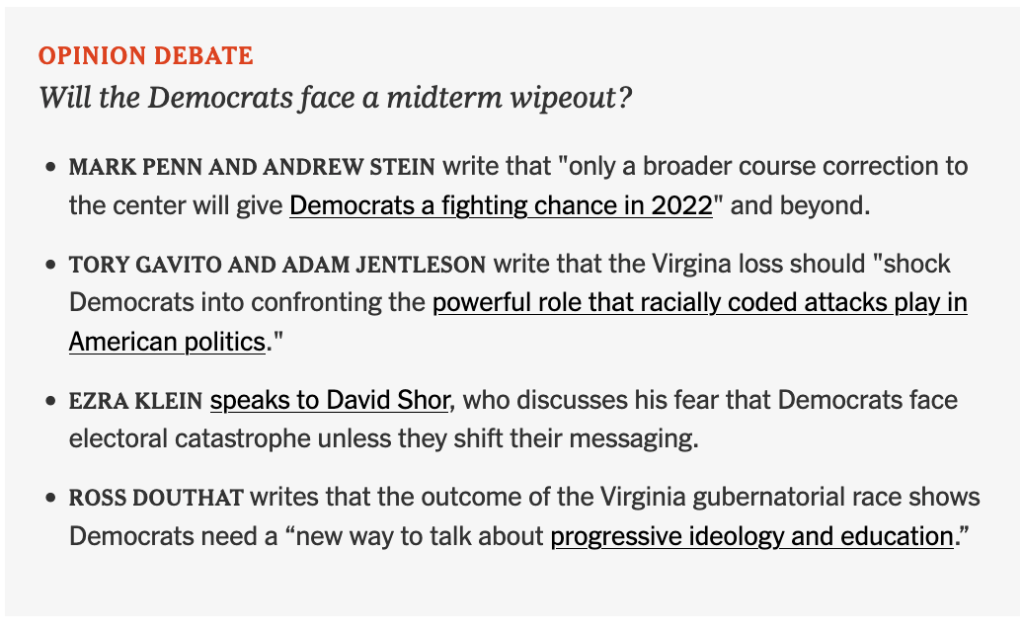
Speaking of the Democrats, they face two separate problems in 2022:
- Getting people to vote for them.
- Overcoming gerrymandering that could give Republicans a majority even if most voters choose Democrats.
Gerrymandering is getting worse, but recent Supreme Court decisions have closed off most avenues for challenging gerrymandered maps in court.
The Staples Center in LA is about to become the Crypto.com Arena. I am nostalgic for the era when the Lakers played in the Forum, the 76ers in the Spectrum, and the Celtics in the Boston Garden. As far as I know, Madison Square Garden in New York is the NBA's lone survivor of those simpler times. Now the New Orleans Pelicans play in the Smoothy King Center.
In his 1996 novel Infinite Jest, David Foster Wallace parodied the naming-rights-for-money trend with the notion of subsidized time. Events take place during the Year of Glad and the Year of the Depends Adult Undergarment.
For decades, fans have been struggling to turn the ever-changing corporate names into something as charming as the traditional ones (like referring to the former Verizon Center in DC -- now the Capital One Arena -- as "the Phone Booth"). I hear Crypto.com is likely to be nicknamed "The Crypt", which doesn't bode well for the teams that will play there. Personally, I'd prefer to pretend it's named for Krypto the Superdog, and refer to it as the Dog House.
and let's close with something visual
As even amateur photographers know, it's hard to get the Moon to pose just the way you want.




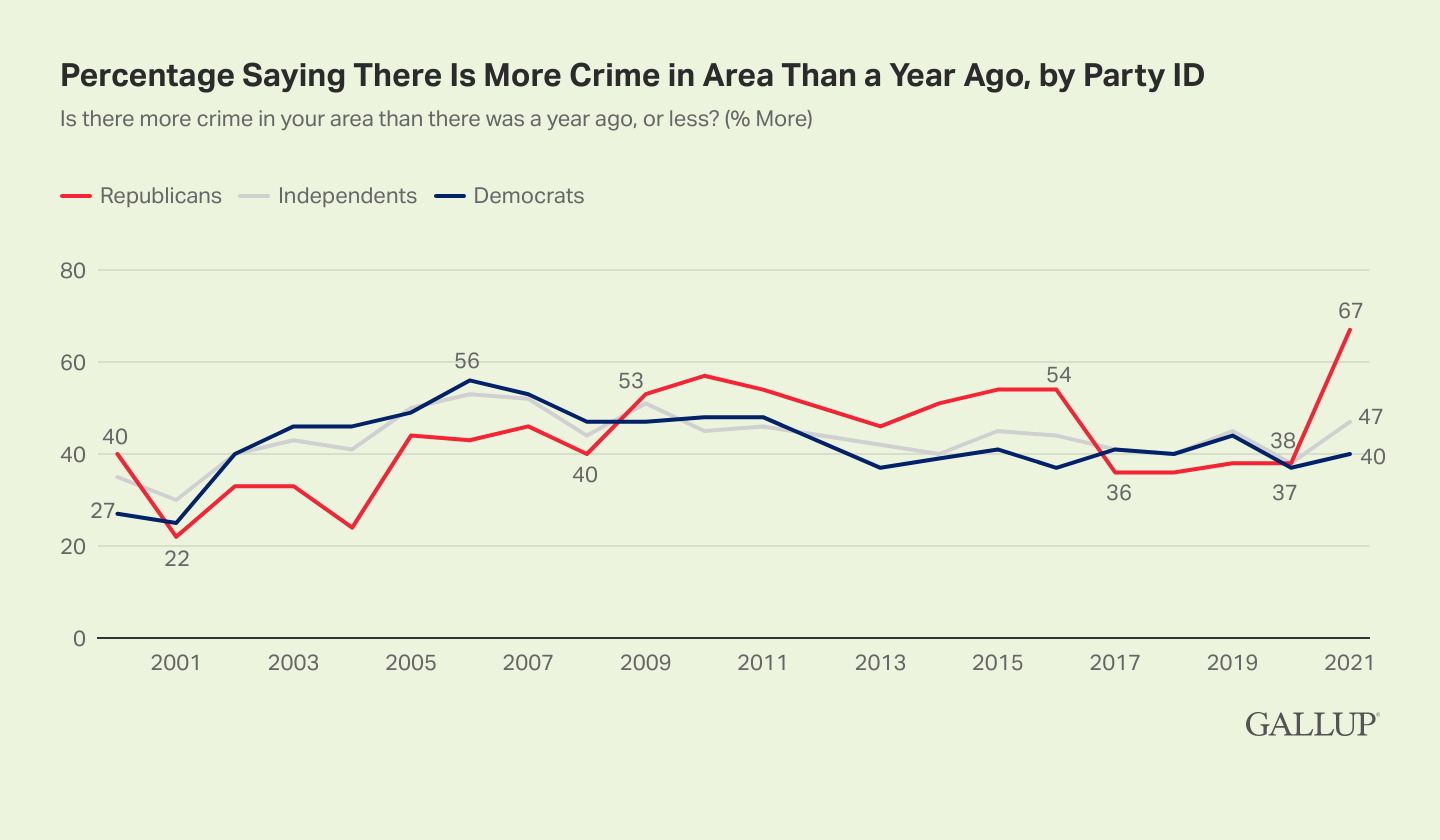

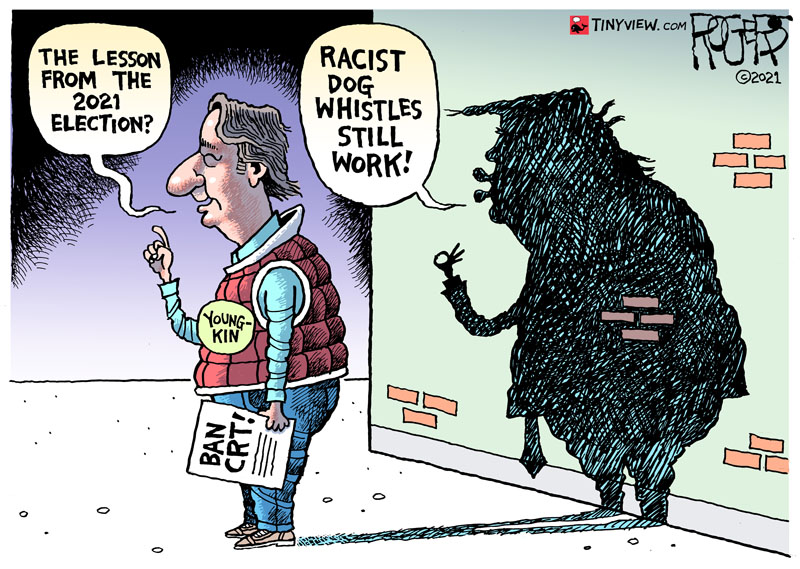

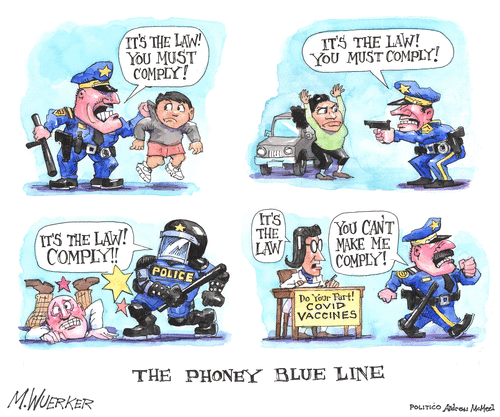



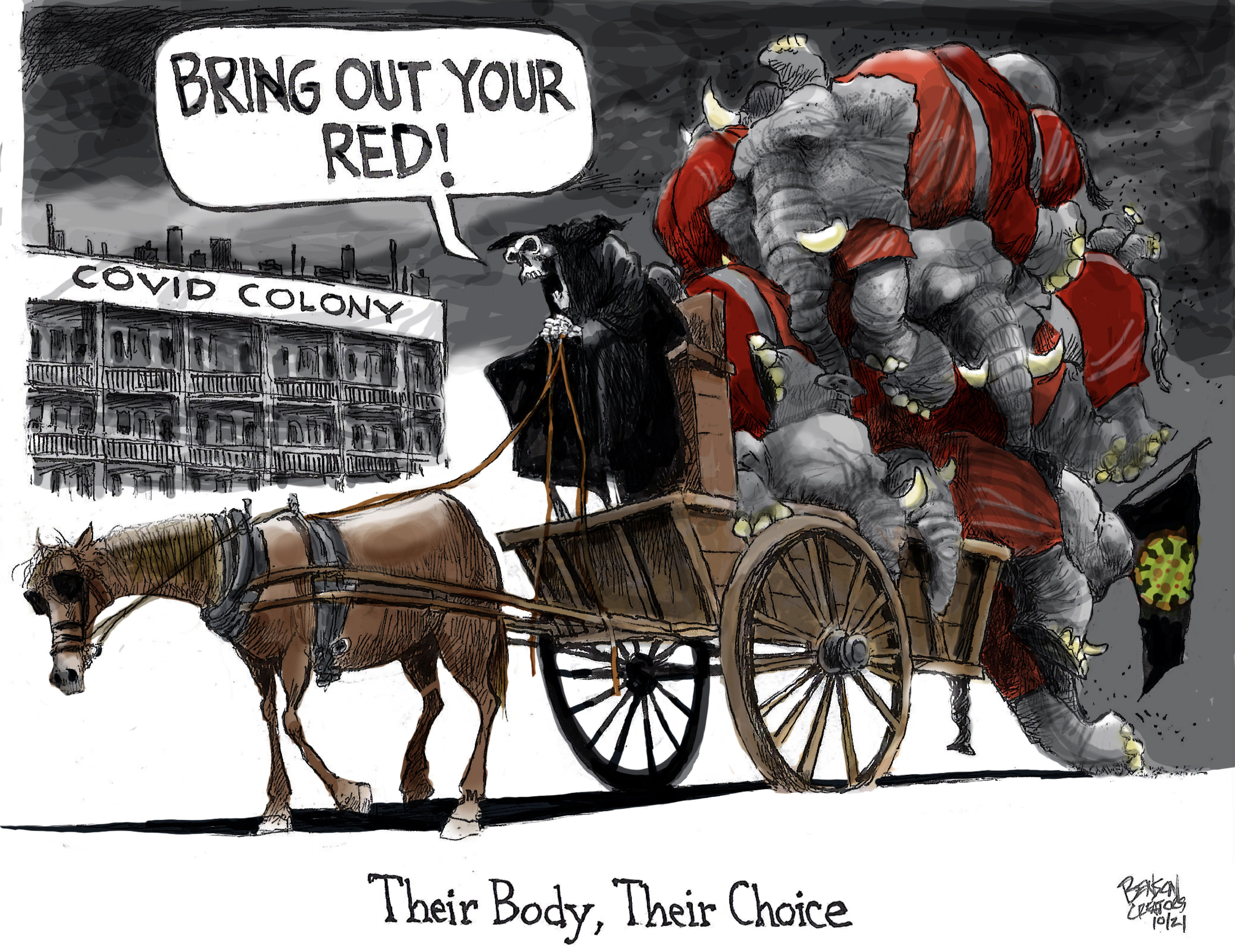




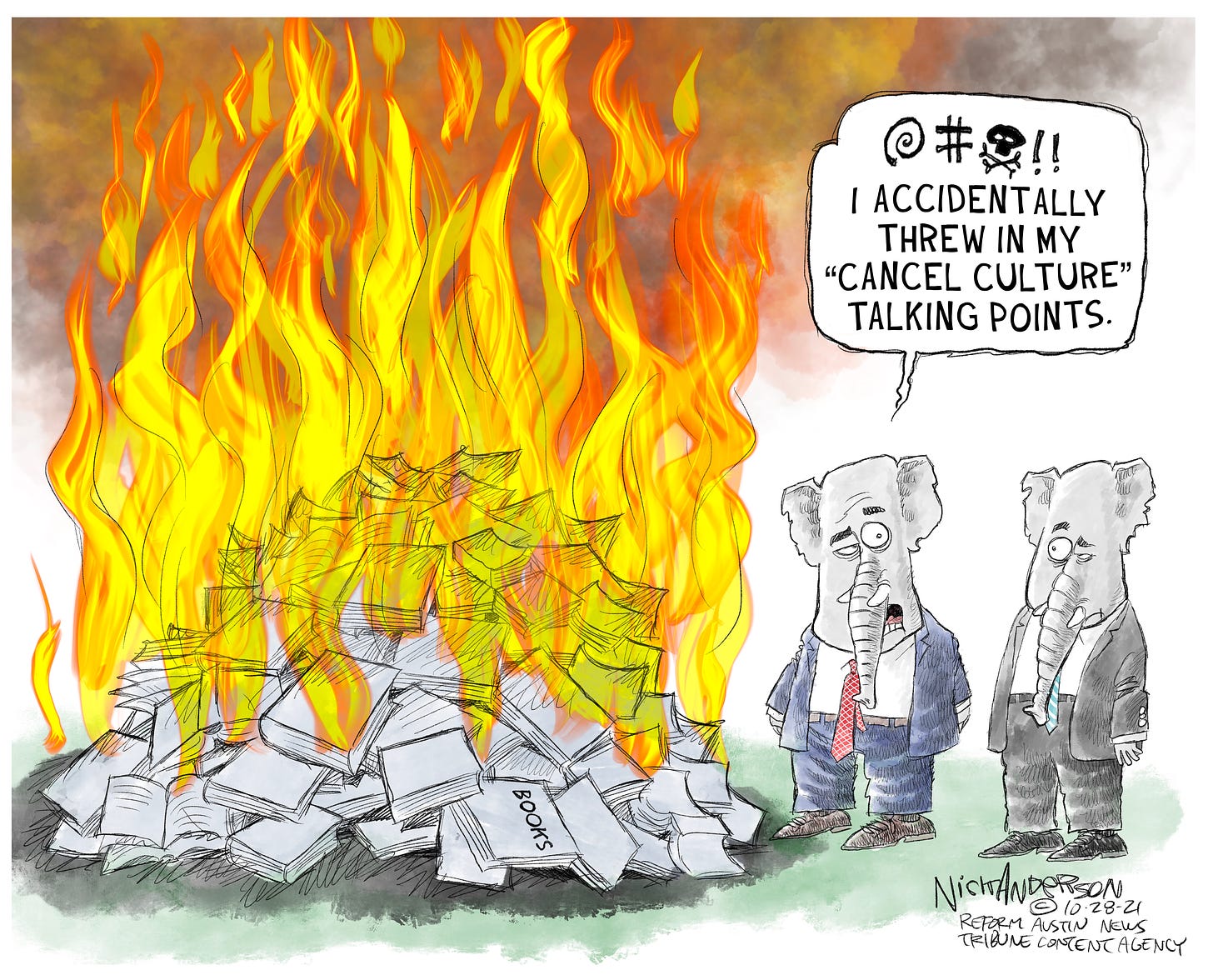

.jpg)